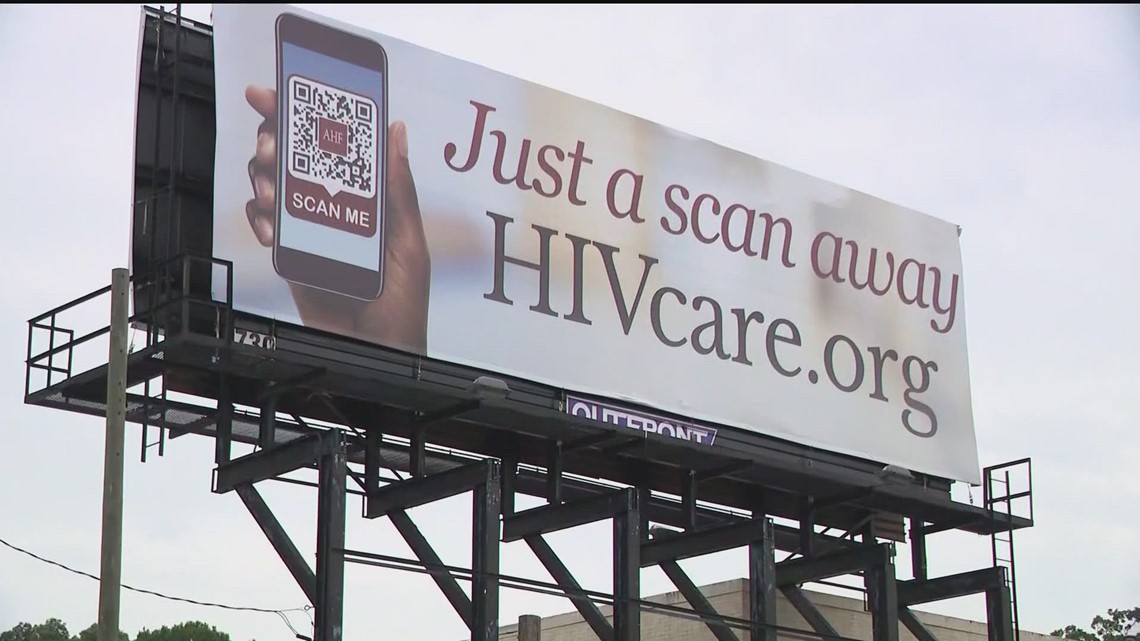What a local clinic has to say about Georgia's HIV data
Data from the CDC shows metro Atlanta ranks third in the country. Data from the CDC has shown that metro Atlanta is the third-highest ranking for HIV diagnoses in the country, according to data from DeKalb, Fulton and Clayton Counties. The Director of HIV Preventions with Aids Atlanta, Dewayne Ford, expressed concern over the data, stating that this quarter for 2024, there were already more positive individuals living with HIV than the previous quarter in 2023. Concerned residents shared this information on social media, expressing their fear and hesitation about the data. The CDC data also indicates that infections were 12% lower in 2021 than in 2017, but some pandemic restrictions were still in place, which could have contributed to this data.

Published : a month ago by Author: Tresia Bowles in Health
Data from the CDC shows metro Atlanta ranks third in the country.
Example video title will go here for this video
Example video title will go here for this video
ATLANTA — Metro Atlanta has the third-highest ranking for HIV diagnoses in the country, according to data from the Centers for Disease Control and Prevention.
11Alive checked with a local clinic that mostly serves DeKalb, Fulton and Clayton Counties to find out what it's seeing right now.
"I have noticed that this quarter for 2024, we've already reported more positive individuals living with HIV than we did the quarter in 2023," Director of HIV Preventions with Aids Atlanta, Dewayne Ford, said.
"We're all trying to figure out, you know, why are we getting more people that are diagnosed with HIV when we know there are more prevention tools out there," Ford said.
RELATED: Who is still getting HIV in America? Medication is only half the fight
If you expand the data from Atlanta to the entire state, current preliminary data shows Georgia is fourth in the country for HIV diagnoses. Concerned residents started sharing this information on social media, expressing their fear and hesitancy about the data.
"There's fear. And that's with anything that's unknown," Ford said.
"We know that HIV does have a stigma that a lot of comorbidities do not," Ford said. "And so, I think that it's what kind of propels people to maybe not want to know the status or maybe not tell their partners."
CDC data also shows infections were 12% lower in 2021 than in 2017, but some pandemic restrictions were still in place, which could have contributed to that data.
"We're just trying to make sure that the message continues to be the same as it always has been, and that prevention methods are out there," Ford said.
